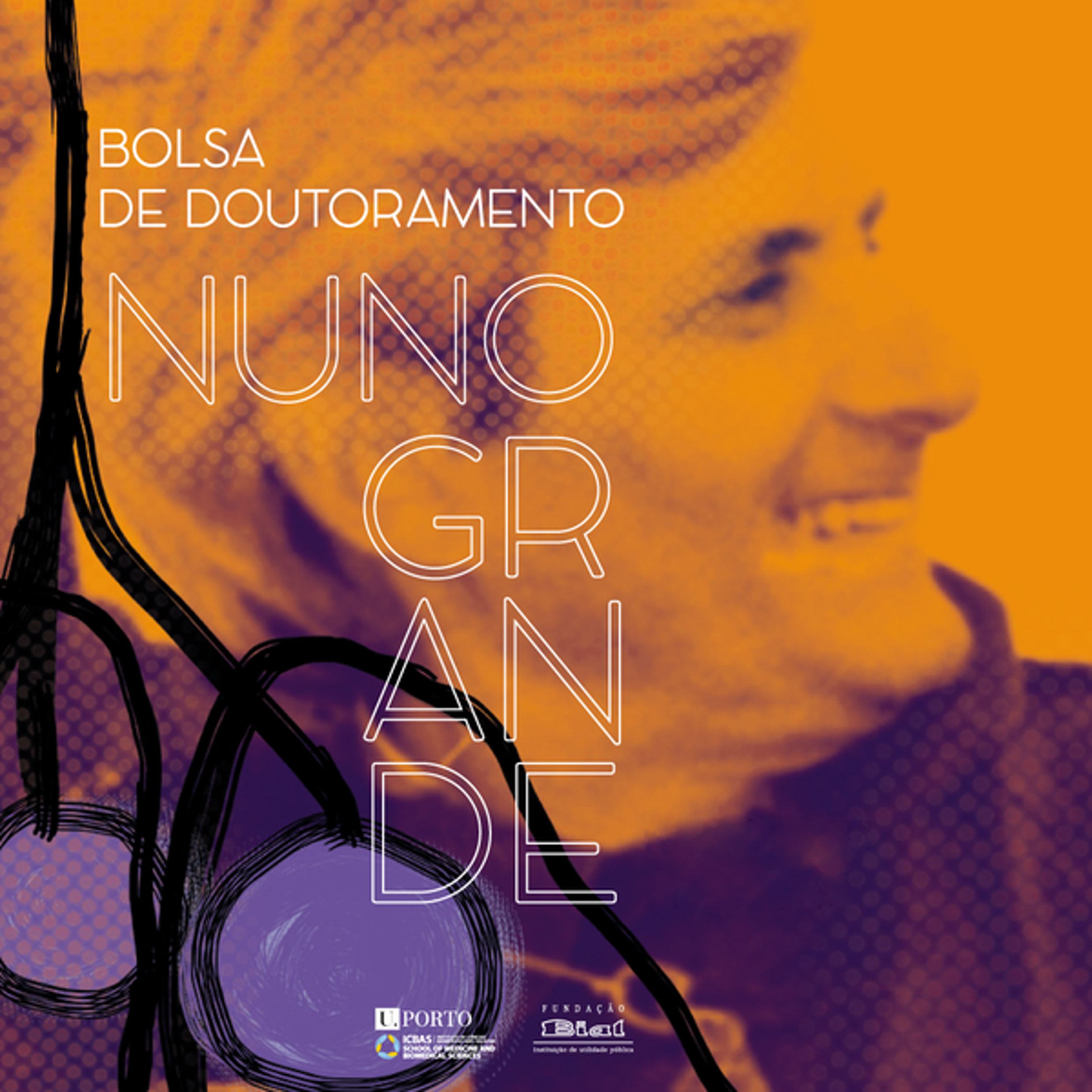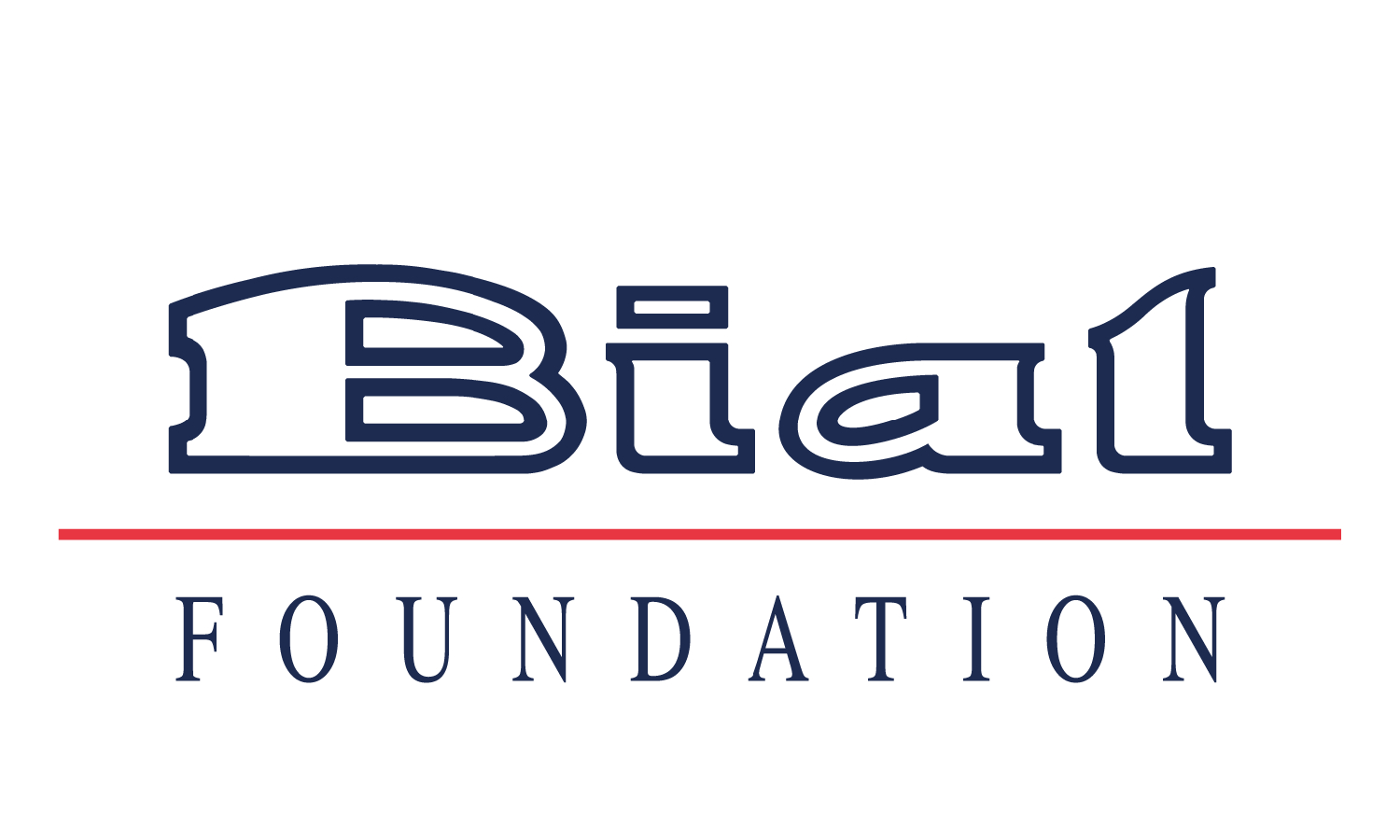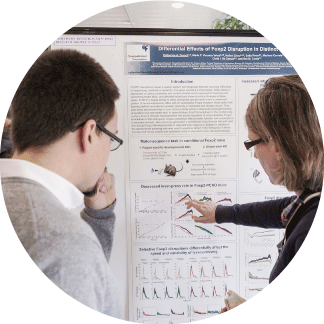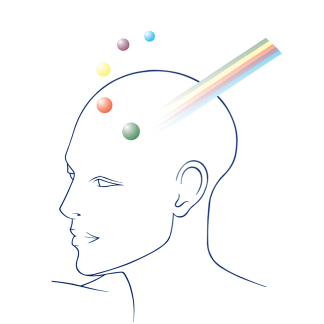News
Top Stories

What leads some mothers to perinatal depression?
A pioneering study followed mothers with perinatal depression and concluded that sensitivity can increase the risk, but partner support has a protective effect.

Do we feel less moral responsibility when following orders?
Study confirms that the perception of being the author of our actions decreases when we follow orders.

Which factors influence dream recall?
Research revealed the main factors that determine dream recall: attitude towards dreams, tendency to mind wandering, and sleep patterns.
News

Did you know it’s possible to study awe in the human brain?
The SUBRAIN project aims to understand the brain mechanisms underlying the emotion of awe, defined as a profound feeling of wonder in response to something sublime.

Do unconventional beliefs help give life meaning?
A study suggests that unconventional beliefs may reflect alternative and psychologically rich ways of attributing meaning to existence.

Nuno Grande Doctoral Scholarship gains national scope and awards three grants per edition
BDNG will have national coverage, allowing PhD students in Fundamental Health Sciences from Portuguese universities to apply.





